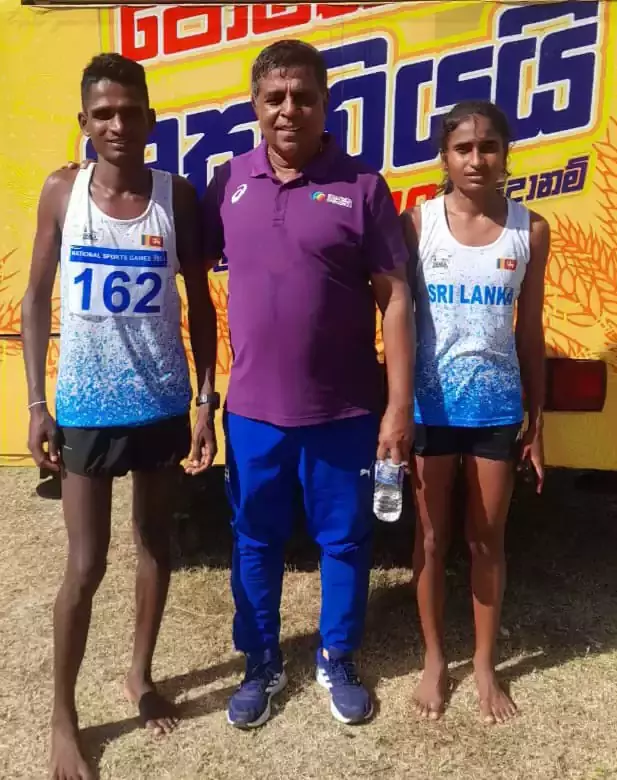November 29, Colombo (LNW): Sri Lanka’s athletes have faced repeated setbacks in international competitions due to visa-related issues, often impacting their participation in events.
The most recent incident involved Sri Lankan runners being sent back from the Galaxy Entertainment Macau International Marathon after they were denied entry due to an oversight in visa arrangements.
The athletes, including marathon winners T. Ratnapala and Vatsala Herath, were informed that Sri Lanka was not on the list of countries eligible for on-arrival visas, despite previous assurances from event organisers.
This failure reflects a broader issue of mismanagement and delayed responses from both the Sri Lankan government and sports bodies. The country’s diplomatic channels, specifically in regard to Macau, which falls under China’s jurisdiction, were not sufficiently engaged.
Although Sri Lanka does not have direct diplomatic ties with Macau, its relationship is managed through China, and any visa-related matters should have been handled through this route.
The lack of early diplomatic intervention and reliance on an on-arrival visa system led to this avoidable situation.
The problem was compounded by the failure of both the Sri Lanka National Olympic Committee (NOC) and the Athletics Federation to ensure the necessary steps were taken in a timely manner.
Despite the organisers’ offer to cover travel expenses, the issue of the visa was only discovered at the airport, leaving the athletes stranded and unable to participate.
Further criticism is directed at the NOC for not proactively addressing the complexities of Macau’s visa policies. Whilst it is crucial that sports bodies remain independent of government interference, this incident highlights the negative impact of mismanagement and negligence on athletes.
If proper diplomatic engagement had occurred earlier, these issues could have been resolved before the event, sparing the athletes from unnecessary hardship.
The organisers of the marathon are also at fault for sending a generic invitation letter, which did not account for the differences in visa policies between countries. They failed to distinguish between nations eligible for on-arrival visas and those that are not, which contributed to the confusion.

However, Sri Lankan officials should have investigated Macau’s visa regulations beforehand, particularly since it is well-known that Sri Lanka does not fall under the on-arrival visa category for this region.
In response to this, the Athletics Association Secretary, Saman Kumara Gunawardena, expressed disappointment, stating that had the issue been identified earlier, the necessary diplomatic efforts could have been made to resolve it.
Despite this oversight, the National Olympic Committee appears to have dismissed the matter, potentially disregarding the damage done to the athletes’ careers.
The consequences of such administrative errors go beyond logistical issues; they affect the athletes’ careers and their opportunities to compete internationally.
Marathon runners, for instance, have limited chances to participate in top-level events, meaning that missing out on one race can significantly impact their long-term prospects.
The call for greater accountability from sports administrators is growing. Whilst it is important to maintain independence from political interference, these organisations must be held responsible for their actions, especially when their negligence directly harms the athletes they are supposed to support.
The NOC should take responsibility for this failure, ensuring such oversights are not repeated, and that future athletes are not subjected to similar setbacks.
*Adapted from original article, “පරිපාලනයේ නොසැළකිල්ලෙන් වූ වීසා අර්බුඳයකට මැරතන් ක්රීඩකයෝ ගොදුරු වෙති” by Nishman Ranasinghe published on 29/11/2024.

